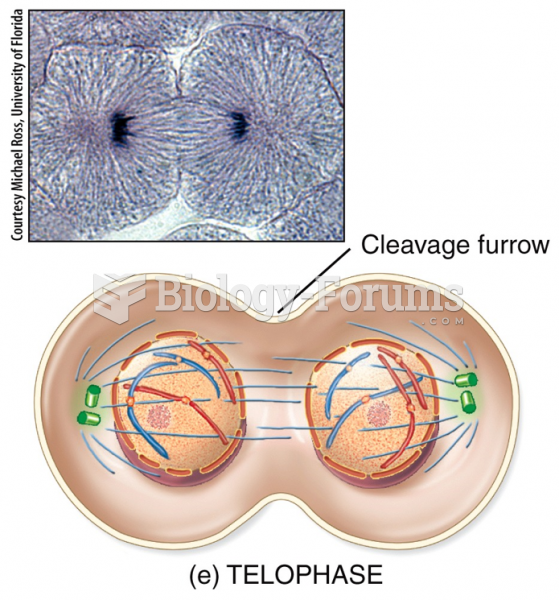Answer to Question 1
A typical criminal case begins with a complaint. If a police officer observes the crime, less investigative scrutiny will be necessary. In fact, when an officer observes a crime in progress, he or she will probably attempt to arrest the suspect on the spot. This arrest will then be subjected to judicial scrutiny in a court hearing, in which a judge will decide if there was probable cause to arrest the suspect. If a crime is reported by a citizen, and the police have identified a suspect, they will approach a judge and seek either an arrest or a search warrant. In either case, the police must be able to show probable cause that the evidence they seek will be found in the place to be searched or that the suspect to be arrested was the one who committed the crime.
If a police officer arrests a suspect for a crime committed in his or her presence, no warrant is necessary. Once a suspect is arrestedwhether pursuant to an arrest warrant, a warrant to search his or her residence, or another methodhe or she will be searched to protect the police and to discover contraband that may be in the suspect's possession. Then, the suspect will be transported to the police station and booked. After booking, the police will present their case to the prosecutor, and if the prosecutor believes the evidence is persuasive enough, he or she will bring charges against the suspect, subject to certain restrictions identified by the U.S. Supreme Court.
The next step in the criminal process is the arraignment, at which the suspect comes before a judge and is, at a minimum, informed of the charges against him or her. The defendant will also be notified of the right to counsel, the right to remain silent, and other important rights. He or she will also be allowed to enter a plea.
If the bail determination is not made at the arraignment, a separate hearing may be warranted (for clarity, the bail determination is treated here as a separate hearing.) In deciding whether bail should be granted, the judge will take such factors into account as the seriousness of the crime as well as the defendant's prior record, likelihood of flight, and level of dangerousness. The defendant's financial status may also be considered.
Answer to Question 2
TRUE







